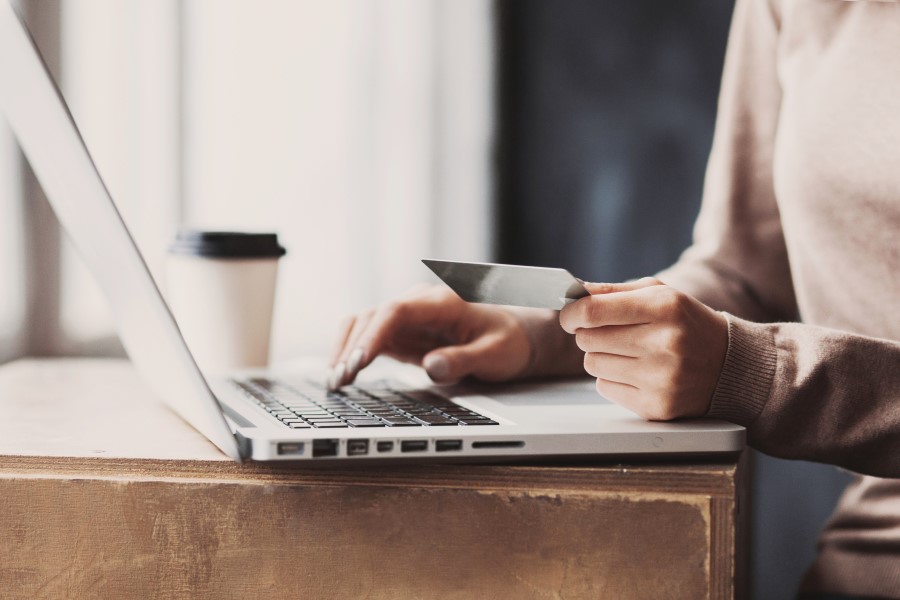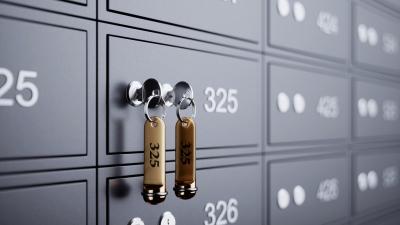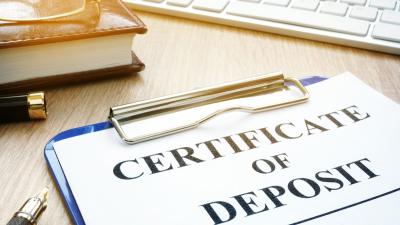
Everything You Need to Know About Checking Accounts and Debit Cards Everything You Need to Know About Checking Accounts and Debit Cards
Checking accounts are one of the most common types of bank accounts (along with savings accounts) and allow you to make deposits and withdrawals and provide day-to-day access to your money with a debit card or ATM card, by writing checks, or by visiting an Automated Teller Machine (ATM).
Quick Links:
- What is a Checking Account Used For?
- Debit Cards
- What is the Difference Between a Checking Account and Savings Account?
- Different Types of Checking Accounts
- How to Choose a Checking Account
- How to Open a Checking Account
- Checking Accounts and Credit Score
- Being Denied a Checking Account
A basic checking account is a deposit account ideal for anyone who needs regular access to their money as they often allow for unlimited withdrawals and have no minimum account balance requirements. Signing up is incredibly easy and can usually be done online or by visiting a bank branch which only takes a few minutes.
Below we'll explore a range of topics including the different types of checking accounts, how to choose a checking account, how to open an account, the difference between checking and savings accounts, and more!
Key Takeaways
- Checking accounts are ideal for short- and medium-term access to your funds
- You can deposit funds with cash or check and withdraw or charge funds using a debit card or personal check
- There are a variety of checking accounts with different features depending on your financial goals
- Opening a checking account is easy and can be done online in just a few minutes
- Most checking account activities will not impact your credit score
What is a Checking Account Used For?
Checking accounts are a type of deposit account that allows easy short- and medium-term access to your funds for a variety of purposes including withdrawals, deposits, and transfers. They are often used to set up direct deposit with employers to make accessing your paycheck easier and can also be linked to payment apps (like Zelle) to make transfers to friends and family more convenient.
You can deposit funds into your account with cash or a check, and most come with a debit or ATM card and personal checks that allow you to charge purchases to your account as well as withdraw funds at ATMs.
Debit Cards
Using a debit card is a convenient way to make purchases without using cash that is accepted as a form of payment where credit cards are accepted. Unlike a credit card, a debit card draws funds from your checking account and not on a line of credit. Also known as a check card, you can use your debit card at ATMs to withdraw cash from your account.
What is the Difference Between a Checking Account and Savings Account?
Not sure if you should open a savings account instead? Let's dive into the difference between a checking account and a savings account. As mentioned above, checking accounts are ideal for short- and medium-term access to your money and for day-to-day management of your funds. Do you need an account that you can make daily, weekly, or monthly payments from? If so, a checking account is most likely what you're looking for. Savings accounts generally don't come with a debit card or personal checks.
Many checking accounts also tend to have lower interest rates than savings accounts, so if you're looking for an account where you can grow your money then a savings and money market account is your best bet. Think of it this way -- traditional savings account allows you to grow your money and a checking account is a great way to access and manage your money on a daily basis.
Different Types of Checking Accounts
Your bank or credit union likely offers checking accounts with features that vary depending on your financial goals. For instance, Leader Bank's three personal checking accounts are designed to help ensure we help our clients meet their financial goals:
- Leader Checking: This account has no minimum required balance or monthly fees, plus it makes it easy to withdraw funds on the go with free transactions at any SUM Network ATM.
- Zeugma Reward Checking: Our Zeugma Reward account provides the opportunity to earn cash back on purchases, ATM fee reimbursements, and discounts at local retailers, all with an attached high-yield savings account.
- Student Checking: With the challenges faced by today’s students – homework, projects and extracurricular activities – Leader Bank's Student Checking account makes banking easy, friendly and worry-free.
How to Choose a Checking Account
There's no clear-cut right or wrong answer when it comes to choosing a new account, and your personal financial needs and goals should determine which type of account you decide to open. However, there are some important factors and account features to consider when deciding what kind of account is right for you.
- Monthly Checking Account Fees: While the best accounts are fee free, some banks may have monthly fees attached to their accounts. It's important to find an account without fees attached. The three Leader Bank accounts outlined above all have no monthly fees.
- Minimum Balance Requirements: Similar to monthly fees, some banks may have minimum balance requirements for their accounts. It's important to make sure you'll be able to meet them if you sign up for an account that has such requirements. The good news is that Leader Bank's personal checking accounts have minimum balance requirements.
- ATM Network: If you'll need regular access to an ATM to deposit or withdraw money from your account be sure to look for a bank account that allows convenient access to their ATM network. The Leader Checking account offers free, unlimited transactions at SUM Network ATMs which has thousands of ATMs across the country.
- Online and Mobile Banking: Find a bank that offers online and mobile banking platforms that make it easy to access your money and manage your account on the go.
- Rewards: Some financial institutions offer accounts with various rewards or benefits attached. For instance, Leader Bank's Zeugma Rewards Checking account offers 1% cash back on debit card purchases, up to $15 monthly ATM fee reimbursements, and up to 10% cash back at featured businesses, plus a linked savings account with 3.00% APY* to help maximize your savings.
How to Open a Checking Account
Once you determine which account is right for you, you'll want to go through the application process to open a new checking account. Every bank or credit union will have a slightly different process for getting your account set up, but there are a few items that you'll likely need no matter where you open a new account such as proof of identification and social security number. At most banks you'll be able to sign up for an account either in person or online.
Checking Accounts and Credit Score
A common question is whether opening or maintaining a checking account has any impact on your credit score. Depending on the bank that you use, when you open your account a soft credit inquiry may be conducted to ensure you have a good financial track record. This doesn't impact your credit score but you may see it as part of your credit report. The good news is that the majority of checking account activity including making deposits and withdrawals, writing checks, and even closing your account in good standing does not impact your credit score.
Overdrafting, or spending more than the money in your account, can result in your bank charging you a fee but generally won't negatively impact your credit score as long as you pay back the money you overspent. If you fail to repay a line of credit extended to you as a result of an overdraft your credit score could be negatively impacted. Also, if you apply for overdraft protection your bank may conduct a hard credit inquiry which can negatively impact your credit score.
Be sure to check out our blog on credit scores for more information about what does and doesn't impact your score (especially if you're thinking about buying a home).
Being Denied a Checking Account
Before you're given the green light when opening a bank account your financial institution will look at your credit report. If they find that you have written bad checks or have spent more than your account balance in the past and failed to pay back the overdraft they may deny you access to a bank account.
If this happens, you could ask your financial institution if they offer second-chance checking accounts, which generally come with monthly fees and other restrictions including not allowing overdrafts. Once you've maintained this account in good standing for a period of time, you may become eligible for a checking account without restrictions again.
Want to learn more about what checking accounts Leader Bank has to offer? Visit our website to see which account is right for your financial needs. Signing up for a new account can be done online in just a few minutes!



